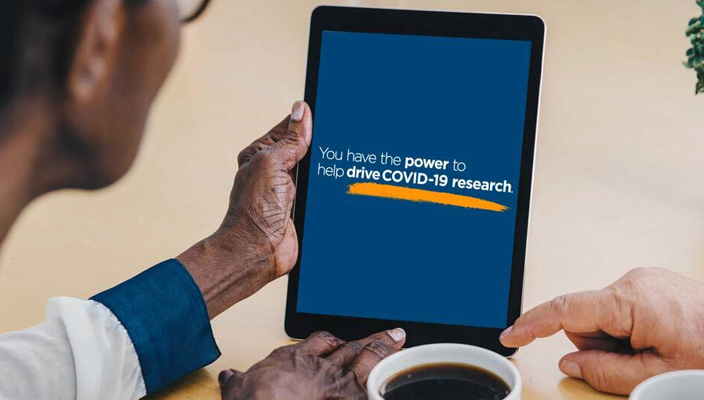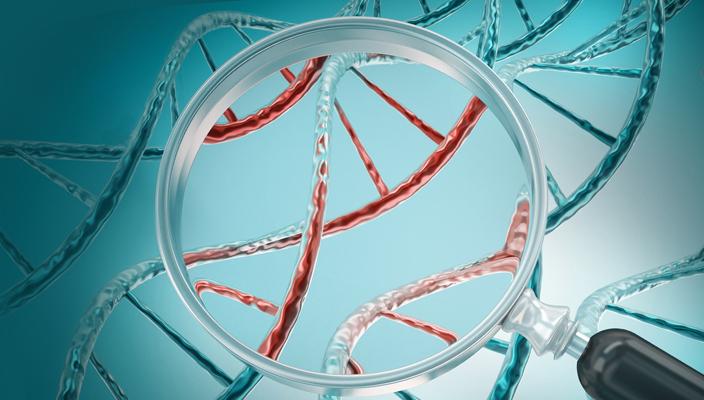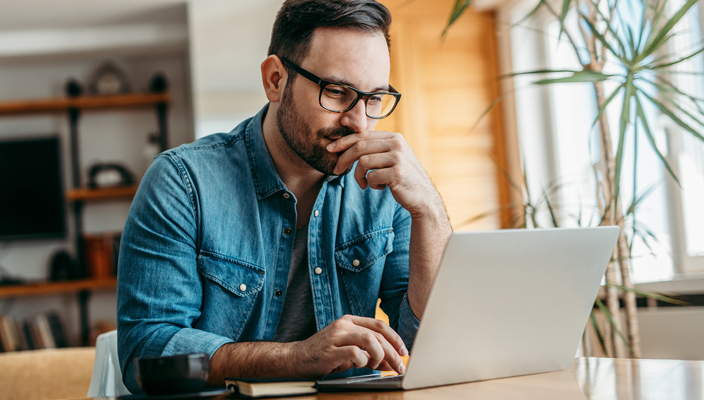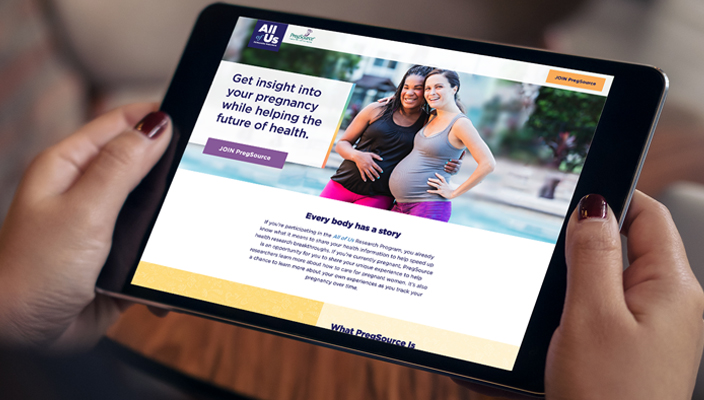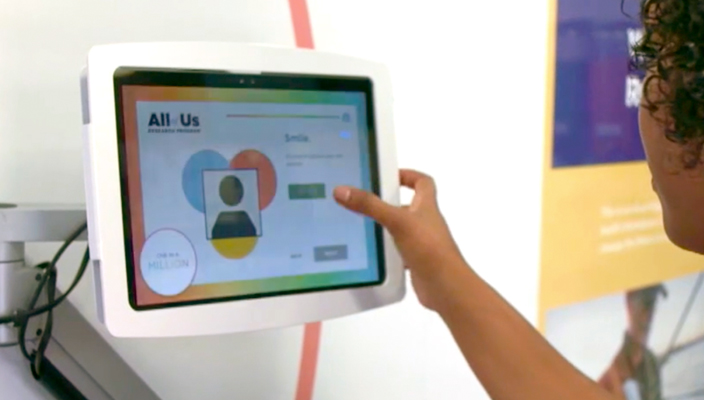When you joined the All of Us Research Program, you may have been invited to give a biosample (blood, urine, or saliva). But what happens to those samples after you provide them? And why are we collecting them?
The Lifecycle of a Sample
Each biosample goes on a long, secure, and valuable journey. If you give us a sample in person, its journey looks like this:
- Collection. Your sample is collected and carefully labeled with a code by an All of Us staff member. The label does not use your name or any personal information about you.
- Storage. The sample goes to our biobank—a secure, high-tech lab and storage facility.
- Analysis. All of Us runs different kinds of checks on the sample. Data from your samples will go to the Data and Research Center, where it can be used by researchers. Read more below.
- Results. If you told us that you want your results, we will share them with you. Some DNA results may be shared through a genetic counselor, who can help explain what each result means.
If you submit a saliva sample from home, your sample’s journey is very similar. All samples are treated with the same level of care and concern for your privacy.
What You Can Learn
We’re planning to start analyzing DNA this year. When we process your blood or saliva sample to look at the DNA, we can check it for information that may interest you. We’ll do this in a number of different rounds. To start, we’ll be able to give you information about genetic traits, such as whether cilantro tastes good to you and whether you can digest the lactose in milk. You’ll also be able to learn what your DNA may say about your ancestry (where your family comes from). Later, we plan to return health-related information such as whether you may have an increased risk of developing a serious health condition or how your body might react to certain medications.
There’s a lot to learn, but you get to decide whether you want us to send you the results. If you say yes, we’ll share your results in your participant portal when they are ready. We’ll also have genetic counselors who can help you understand what your results mean. If you want, you can then share any of these results with your health care provider.
What You Can Do Now
Even before DNA analysis begins, there are still lots of ways to learn more about your health and to stay involved with All of Us. You can log in to the participant portal and fill out surveys. You can review your own answers to previous surveys and learn more about how other people answered. If you have a Fitbit or an Apple Watch, you can sync it to share that data—an easy way to stay involved.
And, if you’ve given samples, you can choose whether you want your DNA results when they’re ready. To make your choice:
- Log in to your All of Us account.
- Complete the Consent to Participate in the All of Us Research Program to join the program.
- Decide whether to share your electronic health records (EHRs) with All of Us. While this is not required to participate in the program, we generally invite participants to provide blood and other samples only if they have agreed to share their EHRs. You need to provide samples in order to get DNA results.
- Go through the Consent to Receive DNA Results when it appears in your participant portal. At the end of that consent, tell us whether you want to get your DNA results.
- Complete The Basics survey.
If you’ve been invited for an appointment but haven’t had it yet, hang in there! Our sites are not scheduling in-person appointments right now, but we will in the future.
For now, please keep in touch, and stay curious!





